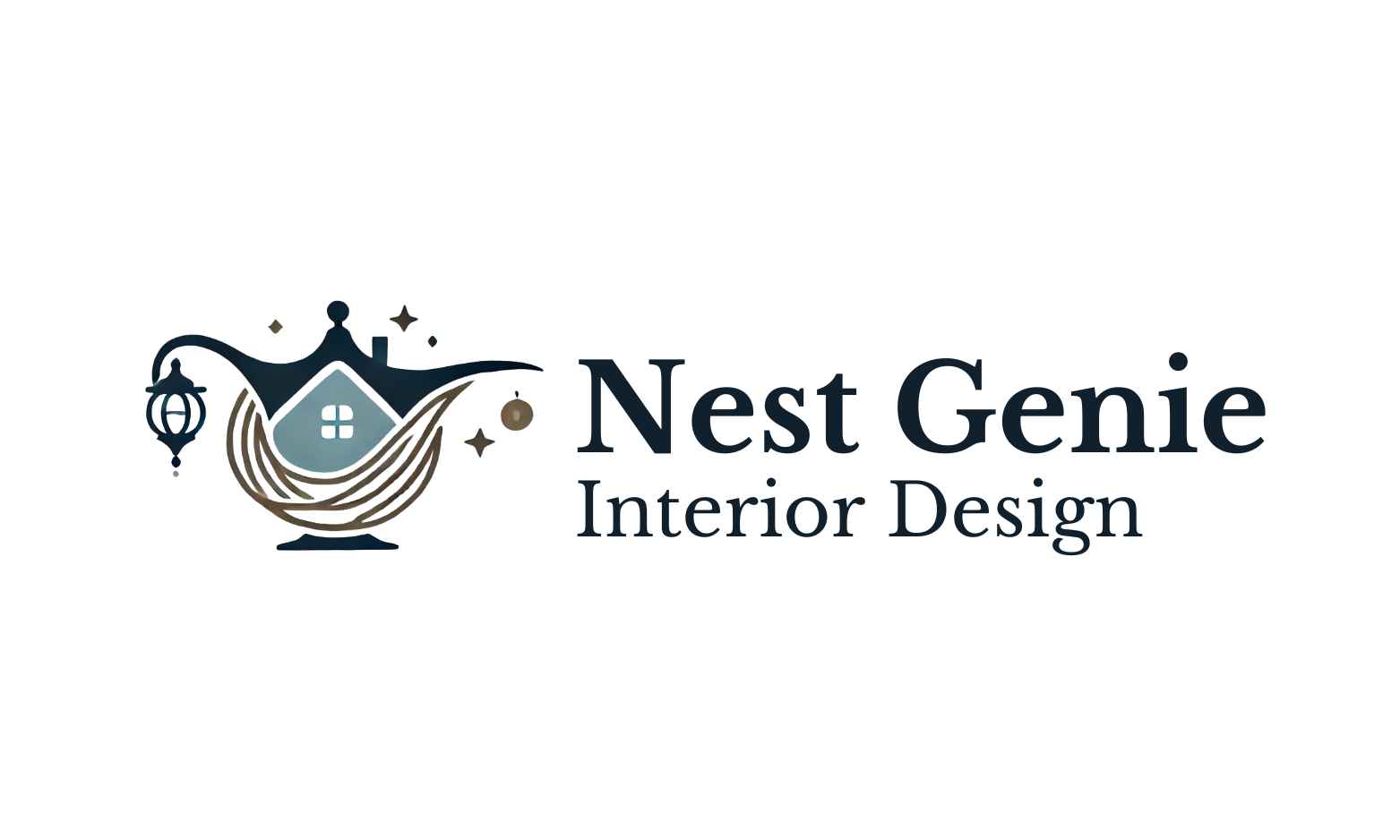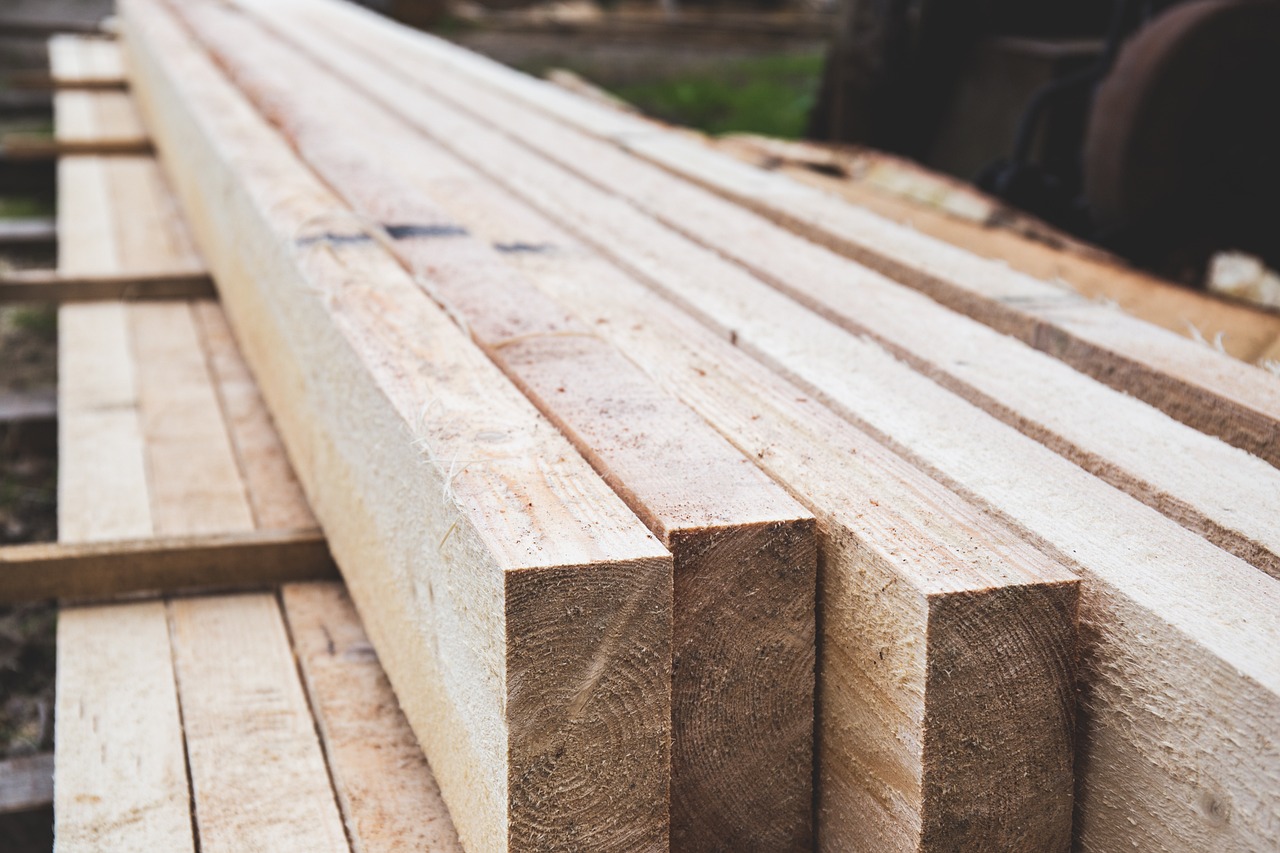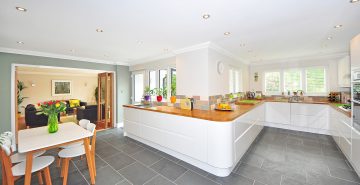Understanding Plywood Grades: A Comprehensive Guide for Homeowners
By Nest Genie Interiors
Introduction
When embarking on any interior design project, one of the most crucial decisions you’ll face is selecting the right plywood. This choice can significantly impact not only the durability and functionality of your furniture but also its long-term value. In this comprehensive guide, we’ll explore the various grades of plywood available in the Indian market, helping you understand how each grade’s unique properties make it suitable for specific applications.
The Science Behind Plywood
To truly understand plywood grades, we must first grasp how plywood is manufactured. Plywood is an engineered wood product created by layering thin sheets of wood veneer (called plies) at right angles to each other. These layers are bonded together under high pressure using specific adhesives. The number of plies, the quality of wood used, and the type of adhesive all play crucial roles in determining the plywood’s grade and performance characteristics.
The cross-layered construction serves two primary purposes: it distributes strength in multiple directions and helps prevent warping and splitting that commonly occurs in solid wood. This engineering makes plywood more stable and versatile than natural wood, particularly in varying environmental conditions.
Understanding Plywood Grades
BWR Grade (Boiling Water Resistant)
This grade represents a significant advancement in plywood technology, specifically designed to withstand moisture and humidity. The adhesive used in BWR grade plywood can resist several hours of boiling water exposure, making it highly suitable for:
Interior Applications:
-
-
- Kitchen cabinets and countertops
- Bathroom vanities and storage
- Utility areas prone to water exposure
- Furniture in high-humidity regions
-
Technical Specifications:
-
-
- Bonding Quality: Type II (IS 848)
- Water Resistance: Up to 8 hours of boiling
- Average Density: 700-750 kg/m³
- Cost Range: ₹80-100 per sq ft
-
BWP Grade (Boiling Water Proof)
BWP grade represents the pinnacle of moisture-resistant plywood. Using advanced phenolic resins, this grade creates virtually waterproof bonds between layers, offering superior protection against moisture. Understanding its properties helps explain its applications:
Primary Uses:
-
-
- Exterior furniture and structures
- Marine applications
- Areas with direct water exposure
- High-value kitchen and bathroom installations
-
Technical Aspects:
-
-
- Bonding Quality: Type I (IS 848)
- Water Resistance: Unlimited boiling hours
- Average Density: 750-800 kg/m³
- Cost Range: ₹100-130 per sq ft
-
MR Grade (Moisture Resistant)
MR grade offers a balanced approach between cost and moisture resistance. Understanding its limitations and capabilities helps make informed decisions:
Suitable Applications:
-
-
- Living room furniture
- Bedroom wardrobes
- Indoor storage solutions
- Areas with minimal moisture exposure
-
Technical Details:
-
-
- Bonding Quality: Type III (IS 848)
- Water Resistance: Limited moisture exposure
- Average Density: 650-700 kg/m³
- Cost Range: ₹70-90 per sq ft
-
Understanding Thickness and Its Impact
The thickness of plywood plays a crucial role in its application and performance. Let’s explore how different thicknesses serve various purposes:
Thin Plywood (4mm – 6mm)
These thinner sheets offer flexibility while maintaining structural integrity:
-
-
- Perfect for curved surfaces and backing material
- Ideal for drawer bottoms and partition panels
- Cost-effective for decorative applications
- Lighter weight for vertical applications
-
Medium Thickness (8mm – 12mm)
This range provides a balance between strength and workability:
-
-
- Optimal for cabinet doors and drawer sides
- Suitable for interior partitions
- Effective for decorative wall panels
- Good for medium-duty furniture components
-
Structural Thickness (16mm – 19mm)
These thicknesses provide robust support for heavy-duty applications:
-
-
- Essential for kitchen cabinet carcasses
- Perfect for wardrobe structures
- Ideal for heavy-duty furniture bases
- Recommended for load-bearing elements
-
Making Informed Decisions: A Room-by-Room Guide
Kitchen Spaces
When selecting plywood for kitchen applications, consider these factors:
-
-
- Moisture exposure levels
- Heat and steam presence
- Daily wear and tear
- Chemical exposure from cleaning agents
-
Recommended Grade: BWR or BWP Ideal Thickness: 16mm – 19mm Additional Requirements:
-
-
- E1 grade emission standards
- ISI certification
- Anti-termite treatment
- Quality hardware compatibility
-
Bathroom Areas
Bathroom environments demand special attention due to:
-
-
- Constant moisture exposure
- Temperature variations
- Cleaning chemical contact
- Limited ventilation
-
Recommended Grade: BWP Ideal Thickness: 12mm – 16mm Special Considerations:
-
-
- Anti-fungal treatment
- Edge sealing
- Water-resistant lamination
- Proper ventilation requirements
-
Living Spaces
Living area furniture requires a balance of aesthetics and durability:
-
-
- Normal environmental conditions
- Emphasis on appearance
- Cost-effectiveness
- Long-term stability
-
Recommended Grade: MR or Commercial Ideal Thickness: 12mm – 19mm Key Factors:
-
-
- Surface finish quality
- Veneer selection
- Hardware compatibility
- Cost optimization
-
Quality Assessment Guide
Understanding how to assess plywood quality ensures you make the right choice:
Visual Inspection
Core Quality Indicators:
-
-
- Even core layer distribution
- Absence of gaps and voids
- Consistent color throughout
- Smooth edge finish
-
Face Veneer Assessment:
-
-
- Surface smoothness
- Color consistency
- Minimal patches
- Defect-free appearance
-
Technical Verification
Certification Requirements:
-
-
- ISI mark presence
- Eco-friendly certification
- Manufacturer warranty
- Quality test reports
-
Maintenance and Care
Proper maintenance ensures the longevity of your plywood installations:
Regular Maintenance
Daily Care Routine:
-
-
- Dust with soft, dry cloth
- Avoid direct water contact
- Maintain proper ventilation
- Prompt cleaning of spills
-
Periodic Maintenance
Quarterly Checks:
-
-
- Edge condition inspection
- Hardware tightening
- Moisture damage assessment
- Finish touch-ups as needed
-
Conclusion
Selecting the right plywood grade is a crucial decision that impacts the longevity, functionality, and value of your interior projects. By understanding the different grades, their applications, and maintenance requirements, you can make informed decisions that ensure long-term satisfaction with your choices.
Expert Consultation
For personalized guidance on selecting the perfect plywood grade for your specific project, contact Nest Genie Interiors. Our experienced team will help you navigate these choices while considering your unique requirements and budget constraints.




